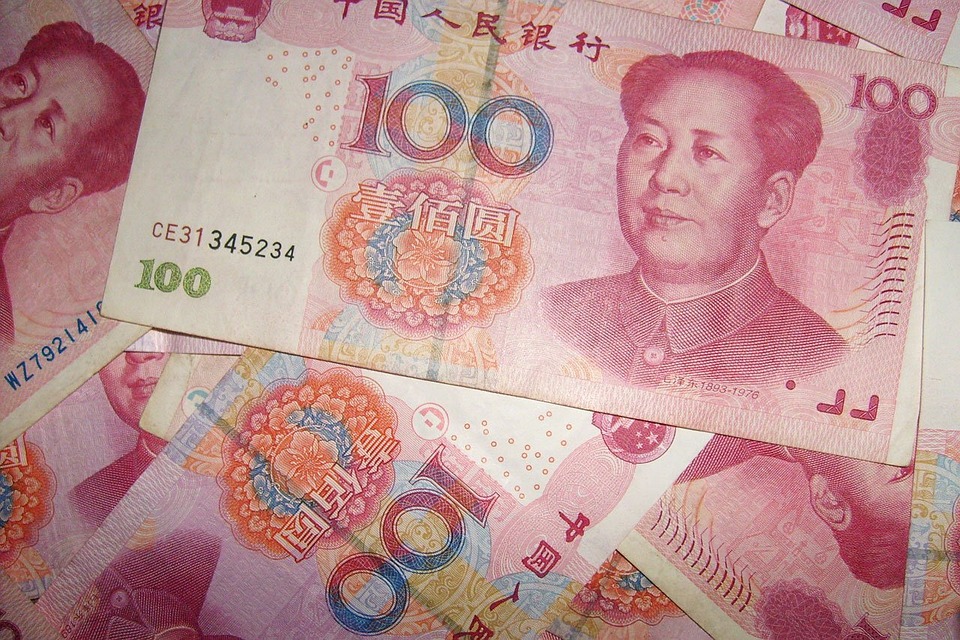Introduction
The Revolutionary Communist Party (RCP) is one of the most provocative and intriguing parties of the modern era. Born out of the socio-political unrest of the 1960s and 1970s, the RCP represents the radical end of the political spectrum, supporting a revolutionary ideology rooted in the principles of communism. In this article, we will unmask the history of this unusual political entity, while also shedding light on some of its key principles.
Origins
The origins of the Revolutionary Communist Party can be traced back to the anti-Vietnam War movement that marked the 1960s in America. The party was officially launched in 1975, under the leadership of Bob Avakian. Avakian, a charismatic activist and leader, was heavily influenced by the works of influential communist leaders such as Mao Zedong, Lenin, and Marx. He believed that communism could offer an alternative to the perceived injustices of capitalist society and was instrumental in shaping the party’s foundational ideology.
The Role of Bob Avakian
Avakian’s role in the RCP cannot be understated. His political theories and writing continue to heavily influence the party’s policies. Avakian has been particularly interested in reimagining communism and has worked towards developing a communist ideology that is viable in the context of the 21st century. He termed this ideology as the ‘new synthesis of communism’ and it has been a major factor driving the RCP’s trajectory.
Key Principles of the Revolutionary Communist Party
The Revolutionary Communist Party subscribes to several key principles that have remained consistent throughout its existence.
Revolution, Not Reform
The fundamental principle of the RCP is that social and political change can only come about through revolution, not reform. The party believes that the capitalist system cannot be reformed from within and must be completely overthrown to pave the way for a socialist society.
New Synthesis of Communism
The ‘new synthesis of communism’, as proposed by Avakian, focuses on overcoming the perceived shortcomings of previous communist societies without abandoning the overall goals of communism. This principle suggests a highly fluid and flexible interpretation of communism that evolves as per changes in social, political, and economic contexts.
Global Revolution
The RCP is not merely focused on revolution within the United States, but promotes the idea of a global revolution. The party sees the fight against global imperialism and capitalism as a unified struggle that must involve the proletariat of all countries.
The Role of the Proletariat
Like many communist organizations, the RCP places great emphasis on the role of the proletariat, viewing them as the main driving force of revolutionary change. The party sees the proletariat’s struggle against the bourgeois class as the catalyst for the revolution.
Conclusion
Despite its radical views, the Revolutionary Communist Party is far from mainstream acceptance. The fall of many communist nations, combined with the rise of democratic principles, has relegated the RCP to the fringes of the political landscape. However, it continues to exist as a representation of the intellectual exploration and experimentation that marks political philosophy.
Understanding the Revolutionary Communist Party is about more than just understanding its political goals. The party embodies a reflectively radical ideology that stands in stark contrast to the norms of most Western societies. It serves as a testament to the vast spectrum of political thoughts and ideologies that exist across the globe, shedding light on the complex dynamics of global politics.




